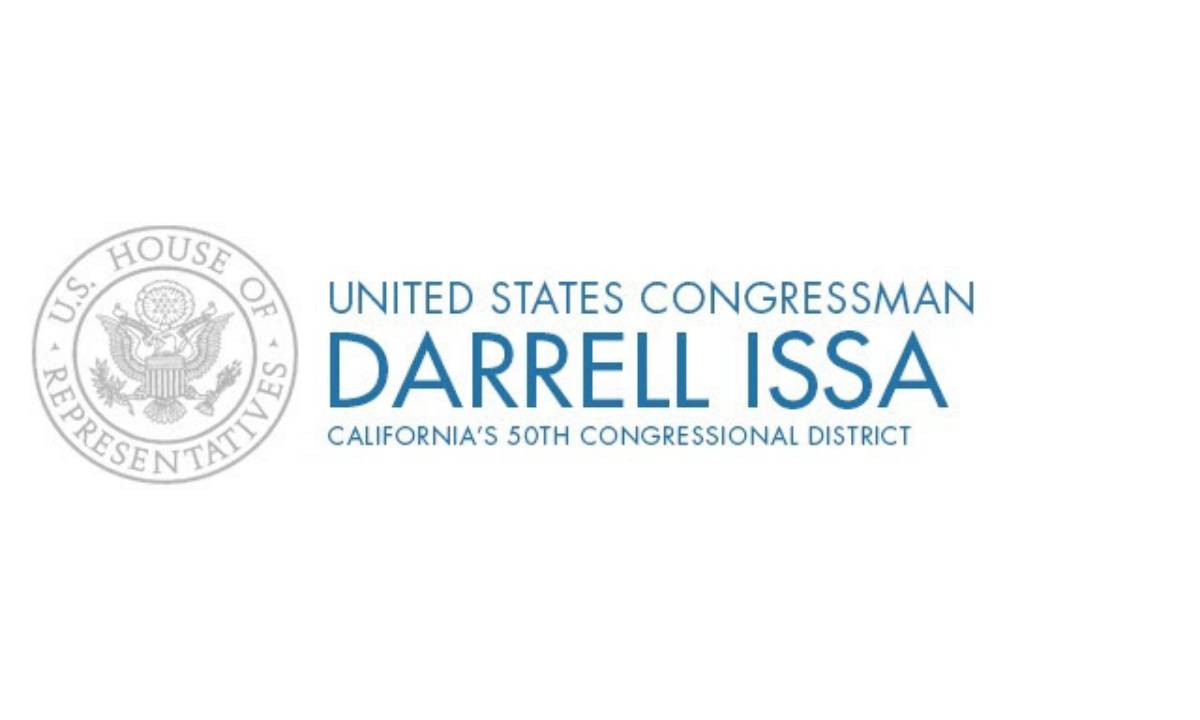Current opposition to “Housing First” mirrors Issa’s initial 2017 call for reform
Escondido — Congressman Darrell Issa (CA-48) today praised local leaders for recognizing common-sense approaches to homelessness and opposing policies that are currently failing those in need throughout the San Diego region.
“For years, we have called on the federal government to allow the local flexibility needed to address homelessness – while insisting that individuals must be sober and prepared for the housing options that are available,” said Rep. Issa. “It is working right now in Coronado, and there is no reason why we should not pursue similar success throughout the San Diego region.”
Rep. Issa specifically pointed to a 2017 letter co-signed by 21 of his GOP House colleagues that called on the Department of Housing and Urban Development to stop penalizing homeless programs that refuse to stop drug-testing their clients.
“This is one of the worst examples of Washington’s we-know-better-than-you mentality and is just the kind of top-down mandates we need to be rid of,” Issa said about U.S. Department of Housing and Urban Development’s past support of the “housing first” model over programs such as Solutions for Change in Vista.
Issa further noted that the City of Coronado has offered a “three-step” approach that has shown results:
- Use real-time data to show where shelter beds are available so the homeless can be pointed in the direction of the correct services.
- Having elected leaders vote on policies that require treatment services to get into shelters.
- Proactive law enforcement. Coronado police will intervene if someone is setting up an encampment or using drugs in public.
“The objections that my colleagues and I made to rigid homelessness policies years ago are as valid as ever. It is good that local officials are following this lead and recognizing solutions that are working,” said Issa. “We are eager to work on the necessary federal component of this very serious challenge to our entire community.”




